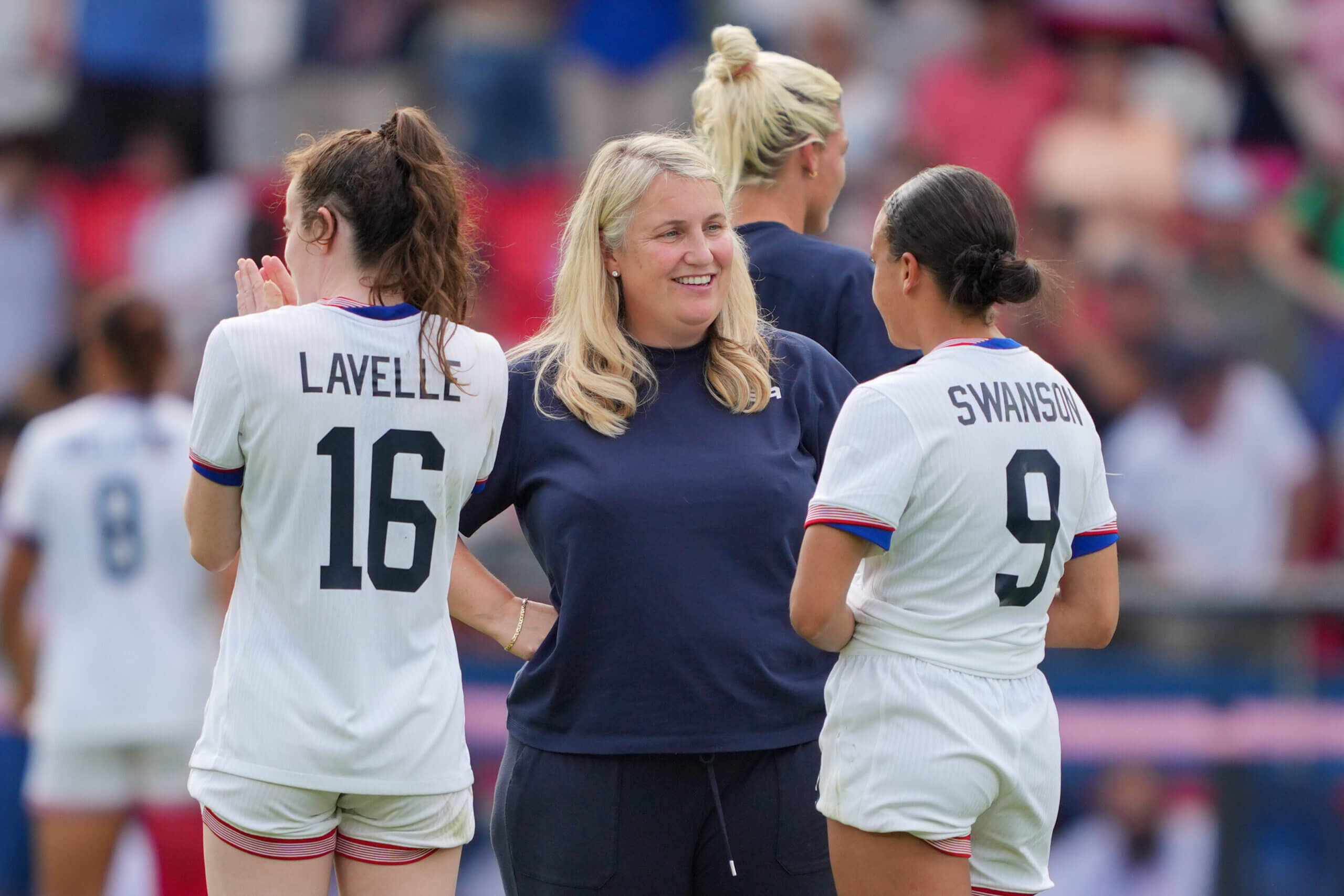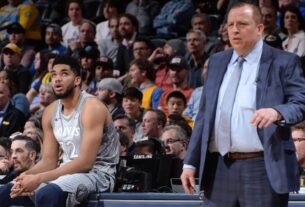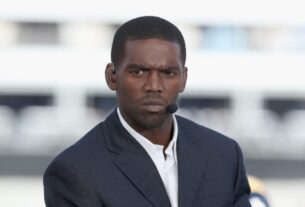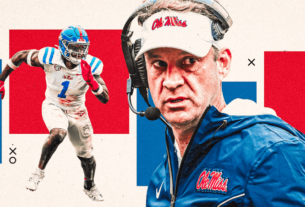LYON, France — The U.S. women’s national team has been weathering the wear and tear of the Olympics, but ahead of a semifinal match against Germany on Tuesday, everyone was in training.
“It’s a great sign,” head coach Emma Hayes said ahead of team training in Lyon, but she did not provide more details about who might be available for the match.
The U.S. is headed into a rematch against a team it has already played in this tournament, but it was clear that Hayes and the players weren’t expecting the same sort of game they experienced in Marseille.
“Even if you play the same opponent a week apart, they’re always two very, very different games,” Hayes said. “Our shot conversion was high in the first game. This is a tight match-up, but one we’ll prepare for a little bit today. We’ve been doing stuff yesterday, too, so we’ll be ready.”
Hayes also noted that the USWNT is facing teams that have been together under their head coaches for longer, allowing them to be more cohesive tactically. “I’m having to accelerate everything, hence the reason why I don’t make many changes,” she said Monday, adding another defense of the team’s lack of rotation.

GO DEEPER
USWNT coach Emma Hayes confident in line-up choices: ‘I’m paid to do this job’
As for Germany, Hayes said they have returned to some of their “German DNA” under head coach Horst Hrubesch. “Very direct, are unbelievable in the transition, but also a team that knows how to stay in a game,” she said.
Germany needed both extra time and penalty kicks to advance past Canada in the quarterfinals, with goalkeeper Ann-Katrin Berger coming up huge in the shootout. She saved two penalties, then converted Germany’s final kick for the victory.
As for the USWNT’s health, defender Tierna Davidson collided with German defender Jule Brand during that initial meeting. Emily Sonnett replaced Davidson in the 44th minute of that game and the subsequent two matches against Australia and Japan. Hayes, at the time, said Davidson was dealing with a knee contusion.
On Saturday, the U.S. battled through 120 minutes against Japan. Trinity Rodman scored the winning goal in the 104th minute, but Emily Fox, Korbin Albert, and Rodman all needed trainers’ help in extra time. Fox came off the field after her injury in the 121st minute of the game and Casey Krueger took her place. All three players looked to be moving well during the warm-ups that were open for the media to watch on Monday, though Davidson was once again in a full-leg sleeve on her right leg.
Players acknowledged that fatigue has been an issue in this tournament, but one they had expected.
“Being fatigued is inevitable,” Rodman said Monday afternoon. “It’s at the point of the tournament where it’s like who’s stronger mentally? Because physically, you might not feel like you can do it. It’s the mental game you just keep tapping into and honestly last game was just a mental thing of, ‘We’re going to push as hard as we physically and mentally and emotionally can for this game.’”

Rodman scored the winning goal to help the U.S. qualify for the semifinals (Daniela Porcelli/ISI Photos/Getty Images)
Rodman expected more of the same for the semifinal. The team will have to rely on the support staff and their recovery tools, but also on their mental sharpness to advance once again. Rodman’s goal in extra time showed the team is ready to step up in big moments in knockout games under Hayes, but it was also a reminder that any of the USWNT’s front three can be the player to step up.
Midfielder Sam Coffey, who has returned from her yellow card suspension heading into the semifinals, was asked on Monday to describe the team’s forward line.
“They’re like the big three, but they’re all Michael Jordan,” she replied. “They’re incredible and their chemistry is so amazing to witness.”
But Coffey also said the chemistry is building across the entire starting XI, especially as Hayes has committed to the same group of players and minimal changes unless forced.
“Obviously, there’s a challenge in the fatigue element, but it’s been great that we’ve been able to keep building throughout the tournament and the ups and downs. We’re learning a lot about each other and what it means to play together and to be a cohesive group,” Coffey said. “I think that’s only going to continue tomorrow.”
(Top photo: John Todd/ISI/Getty Images)





